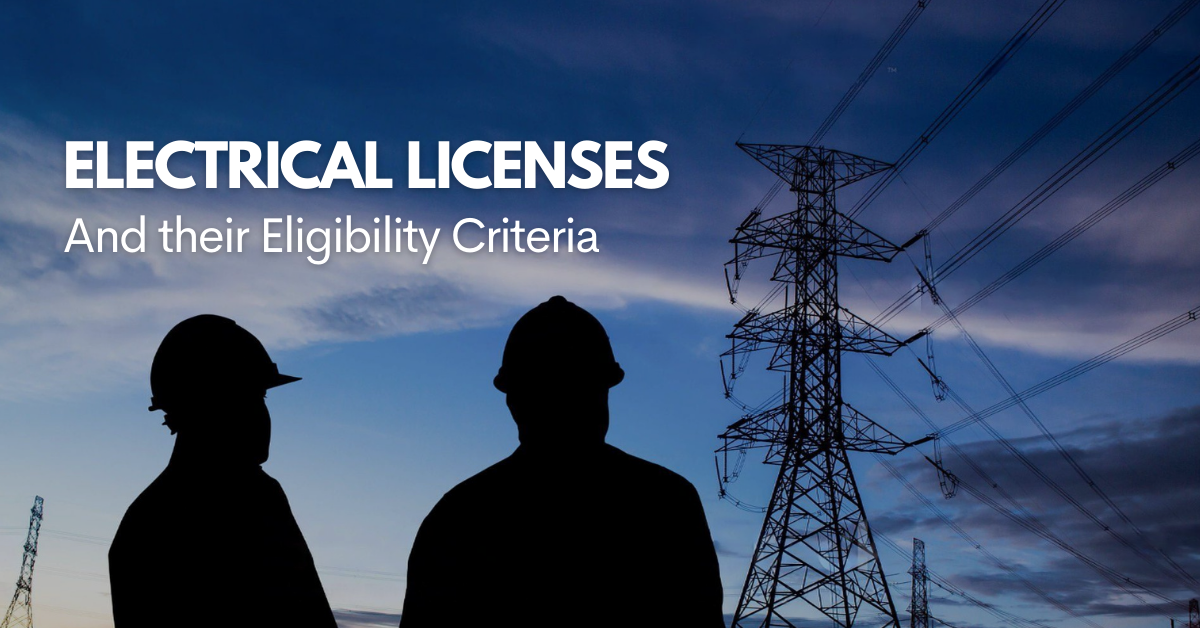Receiving a letter requesting you to attend an interview for dentistry in a Dental Teaching hospitall feels fantastic , but the pressure to succeed and perform well in the interview soon turns up. You have a task to prove you are the right person and not the candidate next to you. Understanding the different categories of interviews in dentistry will help you know what to expect during the interview. To feel confident is acquired by thorough preparation.
Types of Interview for Dentistry
There are two types of dentistry interviews. It’s essential to prepare yourself for both categories since you may not be able to tell in advance which kind of style the interviewers will use.
The two types of dentistry interview are;
- Multiple Mini Interviews (MMI)
- Traditional or Panel Interviews
Multiple Mini Interviews (MMI)
Multiple mini-interviews contain several short assessments called stations or mini-interviews. The interviewer tries to assess what you are capable of doing rather than just having to tell them.
The interviewers could give you a scenario from which you will have to answer questions directly or engage in acting a character scenario with an actor as the interviewers assess your performance. However, the interviewer will give you time to comprehend the interview scenario and prepare for an answer. For professional guidance and advice, you can attend Interview Tutoring for Dentistry lessons.
Each mini-interview may take about ten minutes, and the interview takes about 2 hours. Most interviewers will present about ten stations for you to deal with within the stipulated time.
MMI Stations
Type MMI stations vary by institution. However, the MMI assessment may include the following areas;
1. Manual Dexterity
Manual dexterity tests your ability to coordinate hands and eyes to perform controlled tasks under specific conditions. An example is threading through the needle’s-eye or forming particular shapes using a wire.
2. Communication
Working as a dentist requires a lot of communication which should be accurate and precise. The interviewers may pose a direct question about communication skills. The interviewer may pose a question that might require you to use a particular aspect such as empathetic communication skills; such a question may require you to direct a patient to a specialist.
3. Dentistry Ethics and Legal Issues
When answering ethical questions, please don’t give your own opinions, but rather it’s essential to show that you have done some research on the same. However, you should note the situation’s complexity and the legal issues surrounding the scenario in your conclusion. If asked about your opinion, it is best to have a balanced response.
4. Dentistry Knowledge and Current News
The interviewer may ask about services offered by dentists. Your answer will help the interviewer assess your knowledge as well as your communication skills. It’s also essential to research current news touching on dentistry. Give appropriate answers and justify your answers. Current topics can be found in The BDJ, The Probe and The Dentist.
- Knowledge of The University and Course
It’s essential you research the university and its teaching methods. You can then explain how their method of teaching aligns with your way of learning. The assessment of your knowledge about the university might be an opportunity to prove why you are appropriate for the university.
Traditional/Panel Interviews
Traditional interviews rely more on direct questions. The interviewer will ask you direct questions, which you have to answer within a specified time. The university staff, such as lecturers, dentists, and tutors, may conduct the interview.
- Ensure your answers are straightforward and precise.
- When asked Challenging questions, you have to relax, remain calm, think hard, and answer on your feet.
- The interviewer will ask various questions which may not be easy to predict. However, looking at the university website may give you more information that you can use to answer the panel questions.
- Of importance is that you are not supposed to discuss the interview questions with other students attending the interview.
- To stand out in a traditional interview, you should answer your questions more naturally by having the key points in mind but without responding in a specific way word-by-word.
If the interview is virtual, then prior preparation is essential.
- Prepare your interview space
- Ensure your webcam is working properly
- Ensure you have a reliable network connection
- Also, remember to look at your background and make it more professional.
Conclusion
Succeeding in a dentistry school interview can completely change your life. However, it requires understanding the task ahead and your requirements. These require thorough preparation to understand what to prepare. By careful preparation, you boost your confidence and consequently your chances of a successful outcome. However, your preparedness may not be enough without the input of professionals who have helped hundreds of other students successfully. Endeavour to look for dentistry interview tutors.




